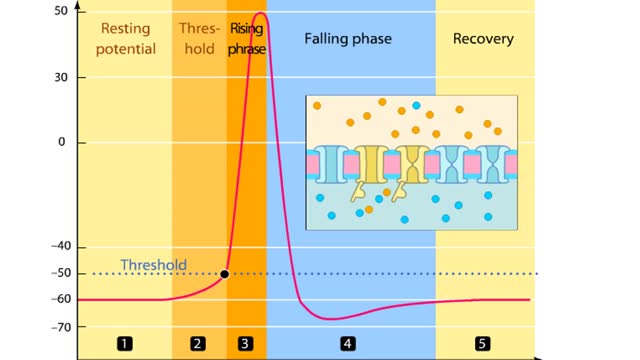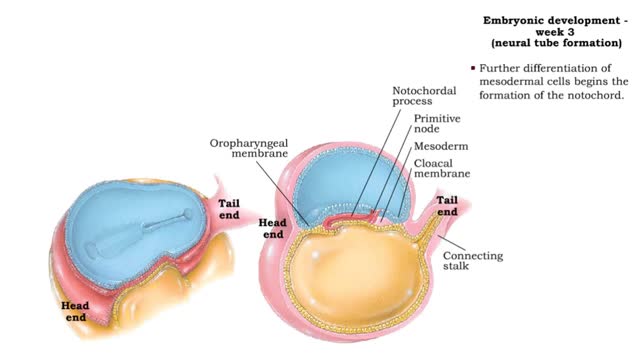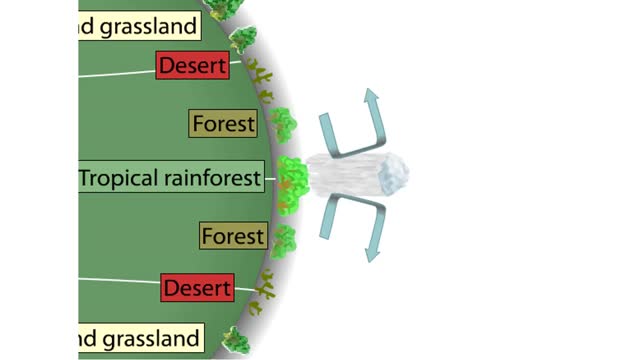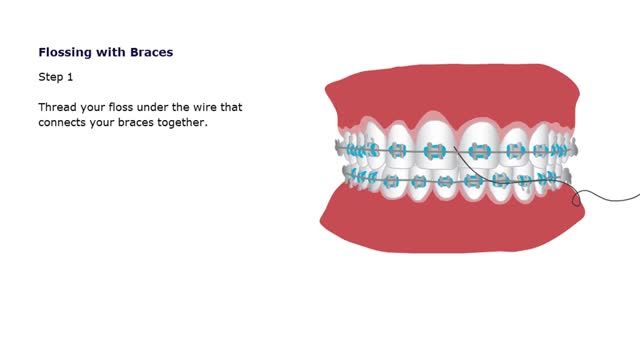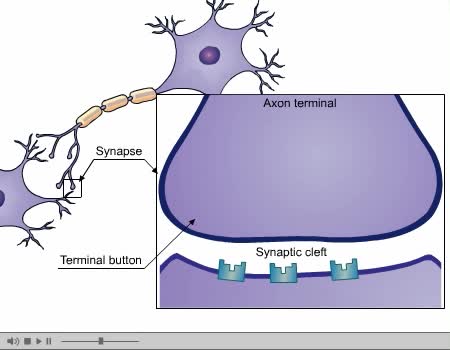Search Results
Results for: 'Expiratory area'
Darwin's Observation (Fossils, Galapagos Islands & Africa ) and Natural Selection (Adaptive Traits)
By: HWC, Views: 10398
Along Darwin's voyage, he made many observations. Each one added to his understanding of how organisms change over time. Darwin was already familiar with fossils and knew that many fossils were very different from living organisms. But, also there were some fossils that were very similar to li...
Phases of an Action Potential - Resting Potential, Threshold, Rising, Falling, & Recovery Phases
By: HWC, Views: 9934
In this tutorial, we will review the phases of an action potential measured from a small area of a neuron's membrane. The action potential can be divided into five phases: the resting potential, threshold, the rising phase, the falling phase, and the recovery phase. When the neuron is at rest,...
Embryonic development - Week 3
By: HWC, Views: 10605
Week 3 (gastrulation) • Three primary germ layers are formed which provide cells for organ formation in the following months. • These germ cell layers are formed by a process known as gastrulation, which involves rearranging epiblast cells. • As cells from the epiblast migrate, a fain...
Four Giant Convection Cells oF Earth
By: HWC, Views: 9793
Earth Has Four Giant Convection Cells Earth's climates range from dry and cold at the poles to wet and warm at the equator. These climates are dictated largely by the amount of solar radiation that a region receives. Solar radiation warms the Earth and the surrounding air, setting up convection c...
Oral Hygiene & Braces Animation
By: HWC, Views: 10043
Caring for Your Retainer Retainers, just like your teeth collect plaque, bacteria and food particles. You should clean your retainer everyday! Keep your retainer soaking when it is not in your mouth. Use a mouthwash rinse to freshen it up and keep it free of bacteria. Keep your retainer away fr...
By: Administrator, Views: 14154
Dendrites (from Greek δένδρον déndron, "tree"), also dendrons, are branched protoplasmic extensions of a nerve cell that propagate the electrochemical stimulation received from other neural cells to the cell body, or soma, of the neuron from which the dendrites project. Electrical stimula...
Advertisement




